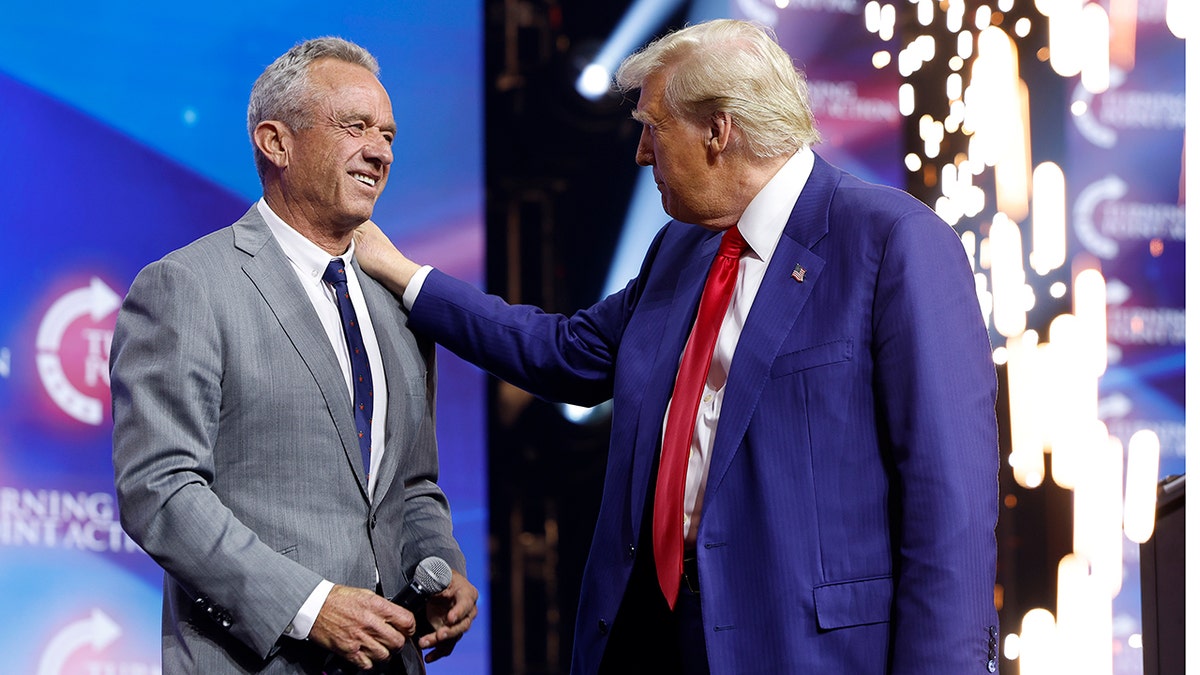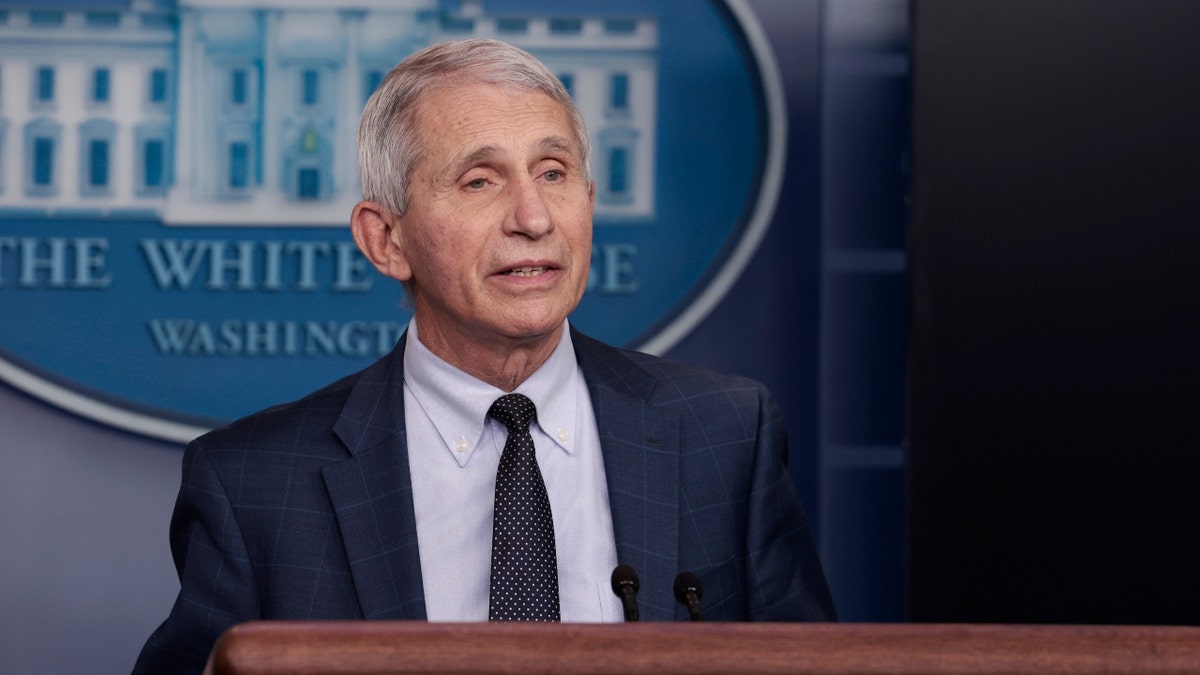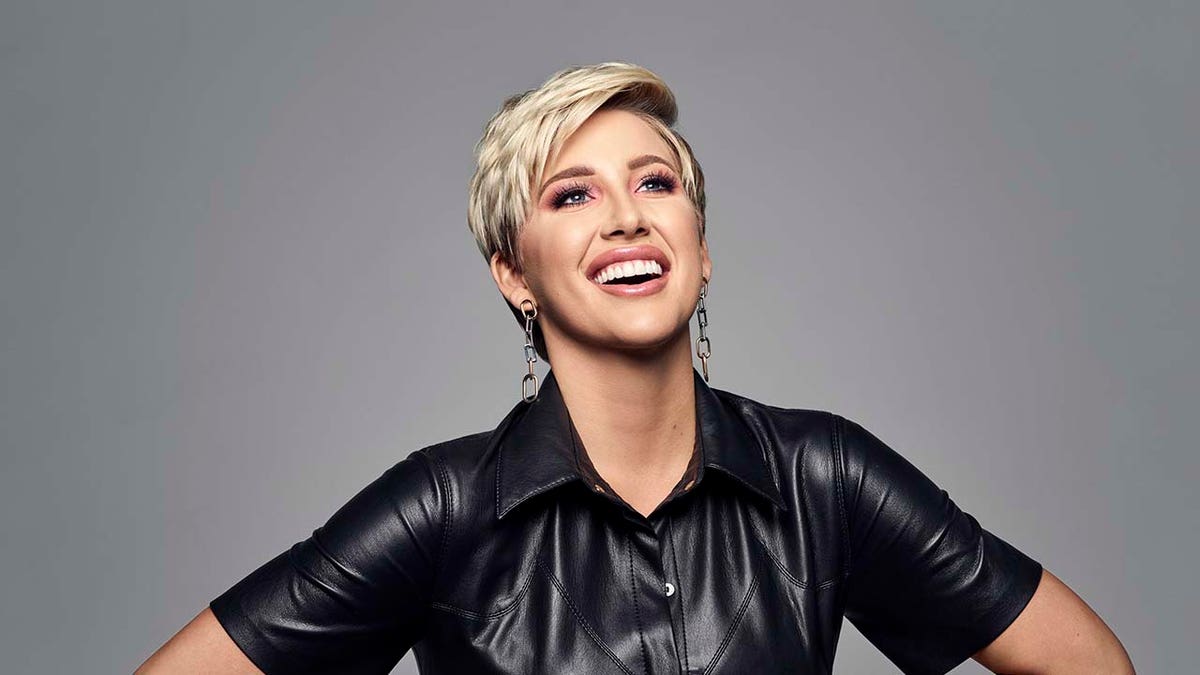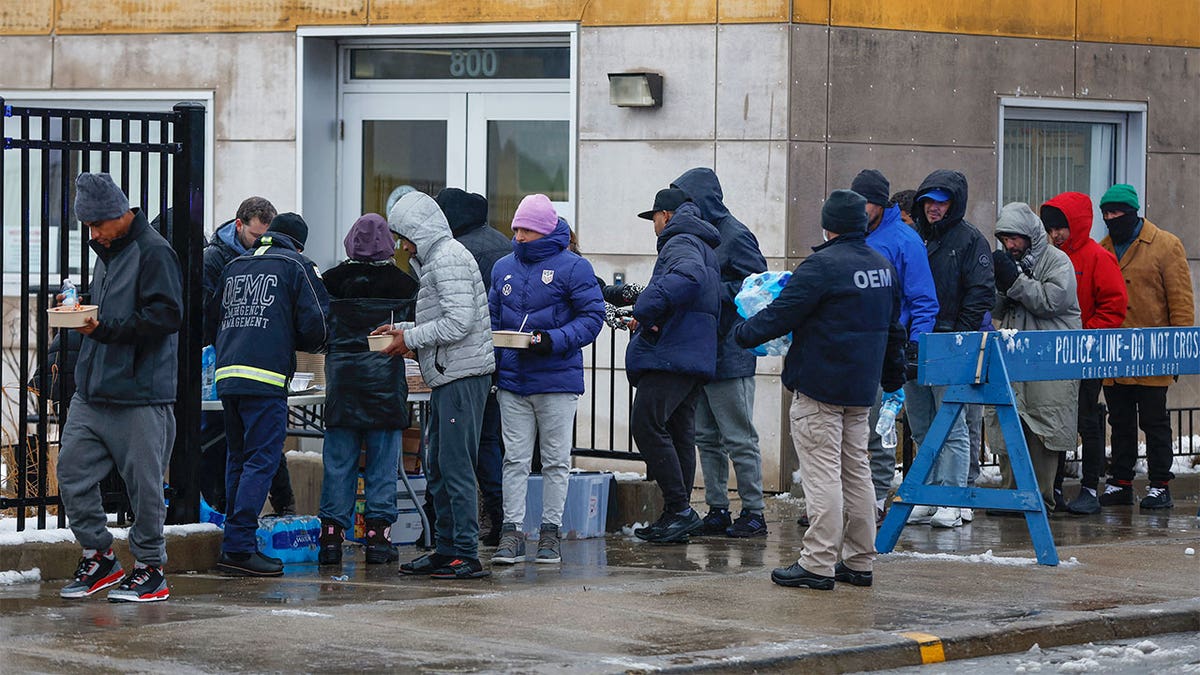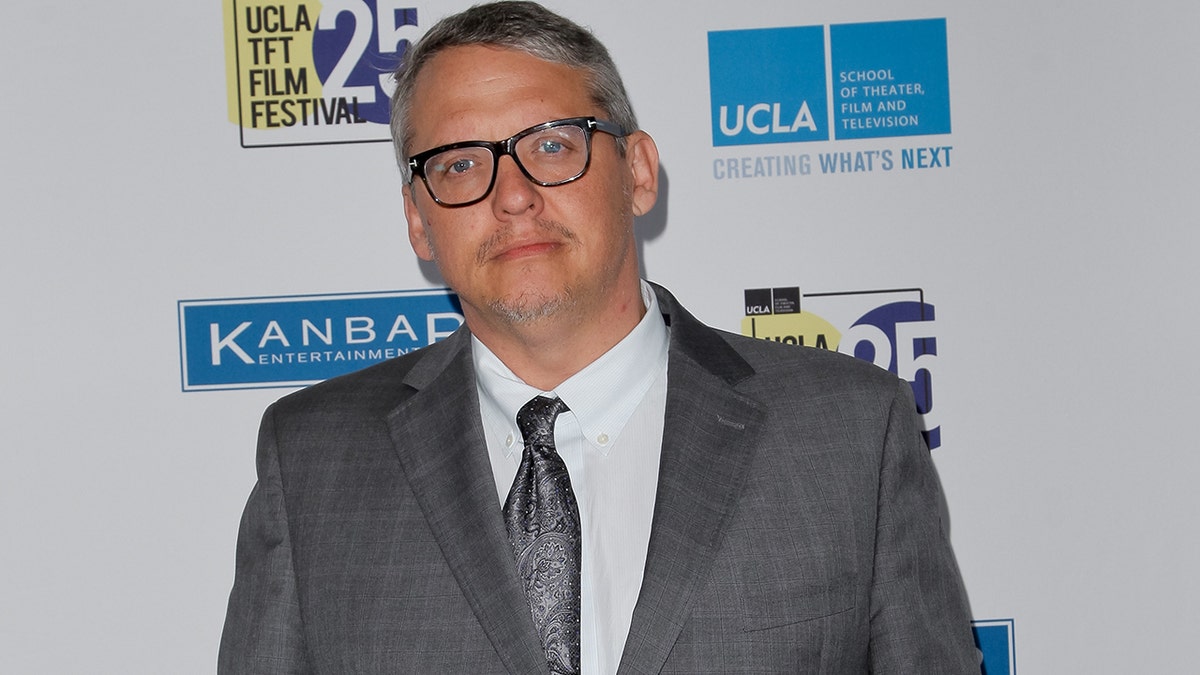Robert F. Kennedy Jr.'s nomination for Health and Human Services (HHS) secretary under President Donald Trump is expected to reach a Senate vote on Thursday. Kennedy's journey to this point has been marked by heated debate, particularly regarding his stance on vaccines.
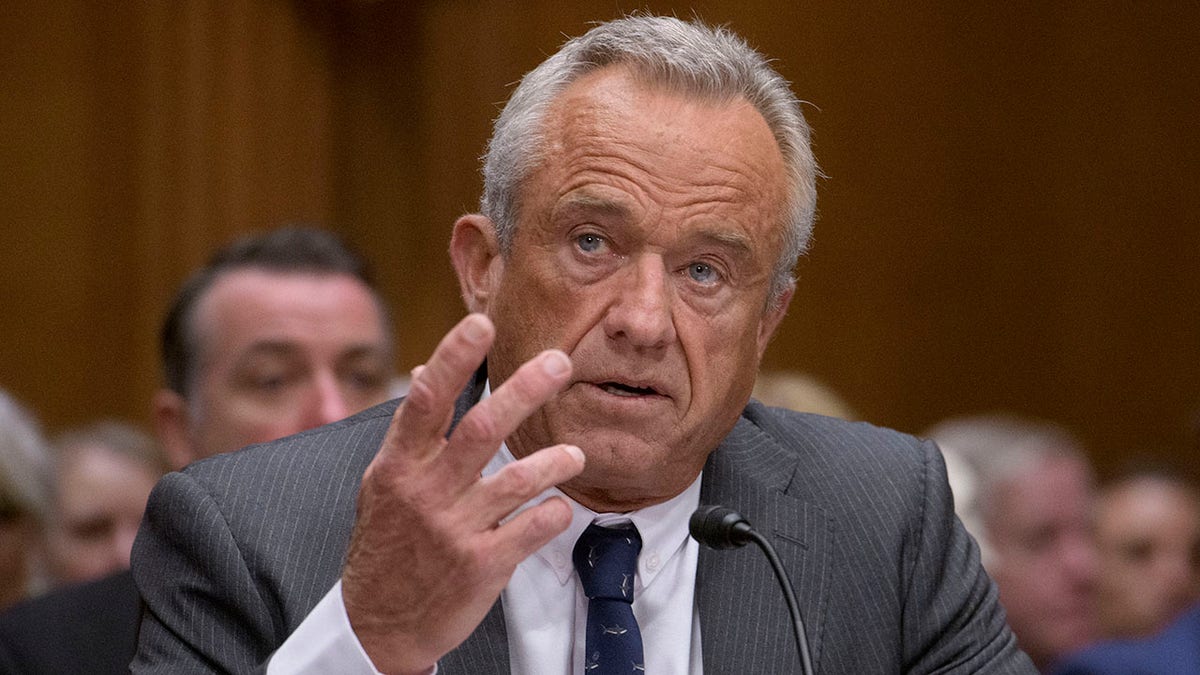
The Senate's Wednesday vote to invoke cloture sets the stage for the final confirmation, requiring a simple majority for Kennedy to secure the position. His previous role as chairman and chief legal counsel for Children's Health Defense, an organization known for its anti-vaccine advocacy, has drawn significant criticism. Democratic senators have also raised concerns about his past statements linking vaccines to autism, claims refuted by scientific research.
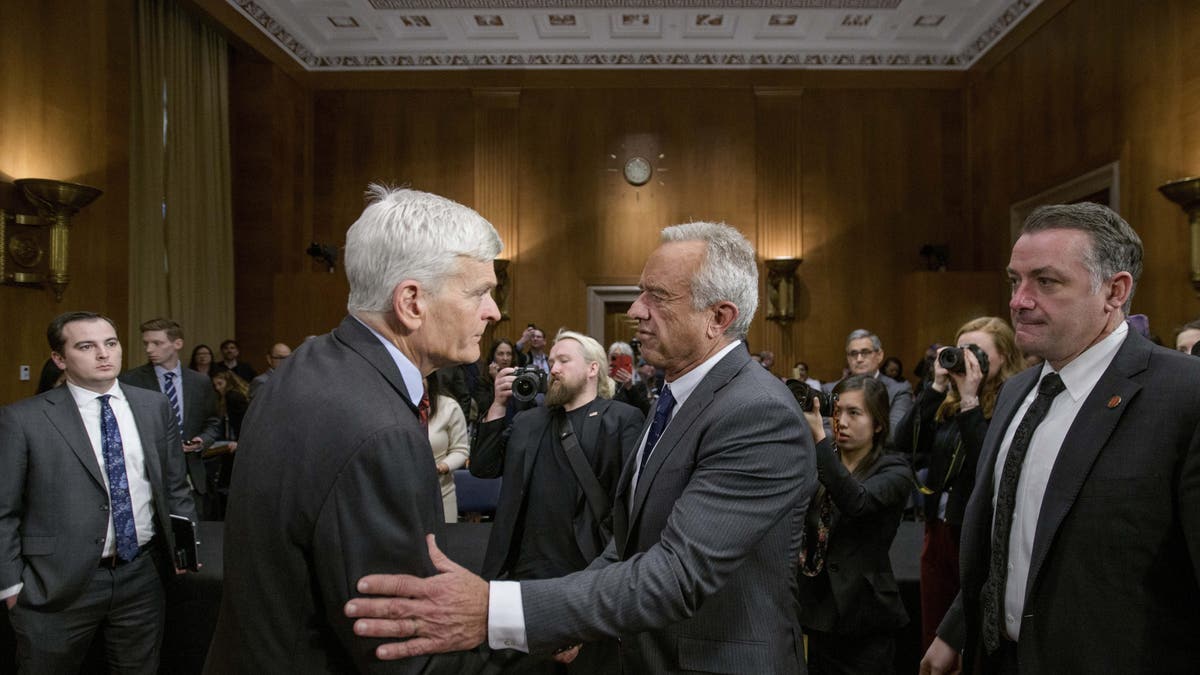
Senator Bill Cassidy, a physician and key figure in the confirmation process, played a pivotal role in advancing Kennedy's nomination. After expressing initial reservations, Cassidy ultimately endorsed Kennedy following a series of commitments from the nominee. These commitments included regular hearings before the HELP Committee, frequent meetings, and transparency regarding any changes in vaccine safety reviews. Senators Susan Collins and Lisa Murkowski, who also initially expressed concerns, have since announced their support for Kennedy.
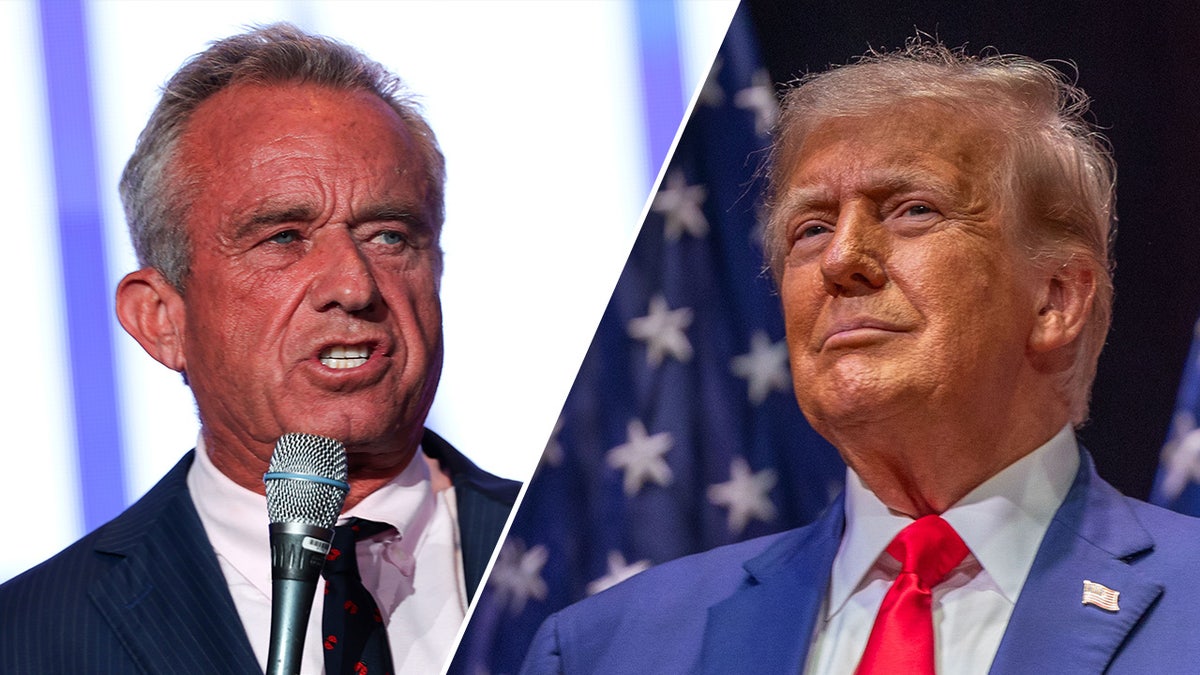
Kennedy's platform includes a focus on promoting healthy lifestyles, addressing chronic diseases, and reforming dietary guidelines. He has emphasized his unique position to tackle these health challenges. His past presidential bid, initially as a Democrat and later as an independent, saw him exchange criticisms with Trump. However, Kennedy ultimately endorsed Trump, leading to his nomination for HHS secretary.
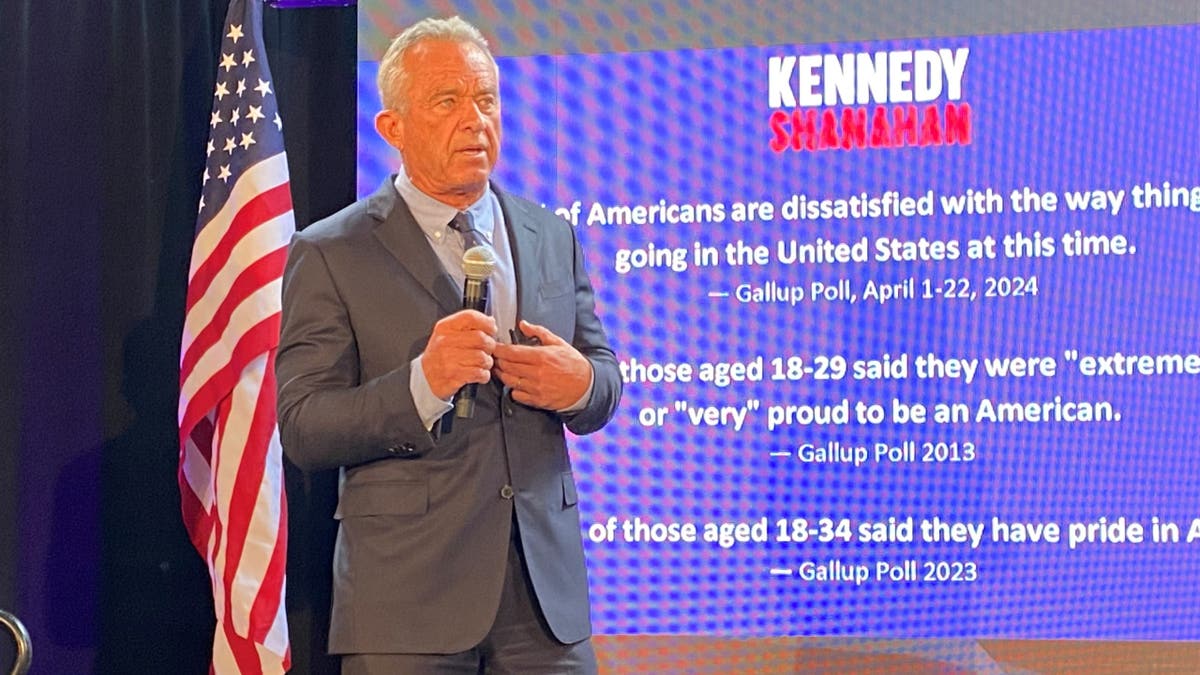
Kennedy's confirmation vote follows the recent confirmation of Tulsi Gabbard as director of national intelligence, another controversial appointment. The outcome of Thursday's vote remains to be seen, particularly regarding the stance of Senator Mitch McConnell, a strong advocate for vaccines.
